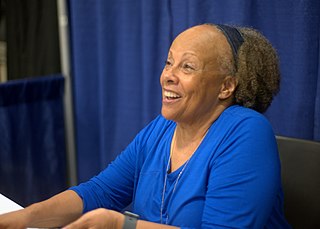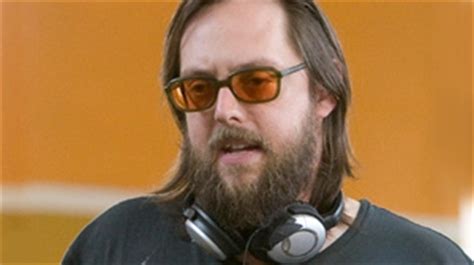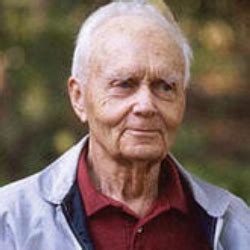A Quote by Laura van den Berg
Fiction accesses a certain kind of truth through artifice. I love to create worlds that operate on their own terms.
Related Quotes
I think that is one of the things that is beautiful about fiction and that you can do through drama. If I was a detective, I could make a certain version of everything we know to be exactly true. And that would have a certain kind of truth value. And there are certain other things that we know that are emotionally true.
The fiction I've written and published is certainly inflected by the work of authors I was reading or translating at the time. One of my methods for developing my own voice in fiction, a process I am taking very slowly and deliberately, is through these very intense encounters with certain writers. Strength and power in fiction is being able to resist these intoxicating voices, recognizing that they are the signatures of other writers and not one's own.
All children want to do is play in worlds they create and project on their external world. If allowed to do that, they are constantly building new neural structures for creating internal worlds and projecting them on their external world. And they build up an enormous self-esteem and feeling of power over the external world through their own capacities.
I think that most of us, anyway, read these stories that we know are not "true" because we're hungry for another kind of truth: the mythic truth about human nature in general, the particular truth about those life-communities that define our own identity, and the most specific truth of all: our own self-story. Fiction, because it is not about someone who lived in the real world, always has the possibility of being about oneself. --From the Introduction




































